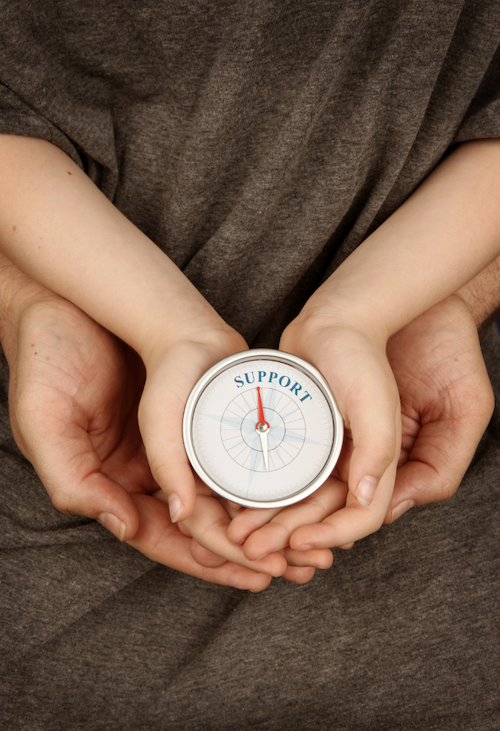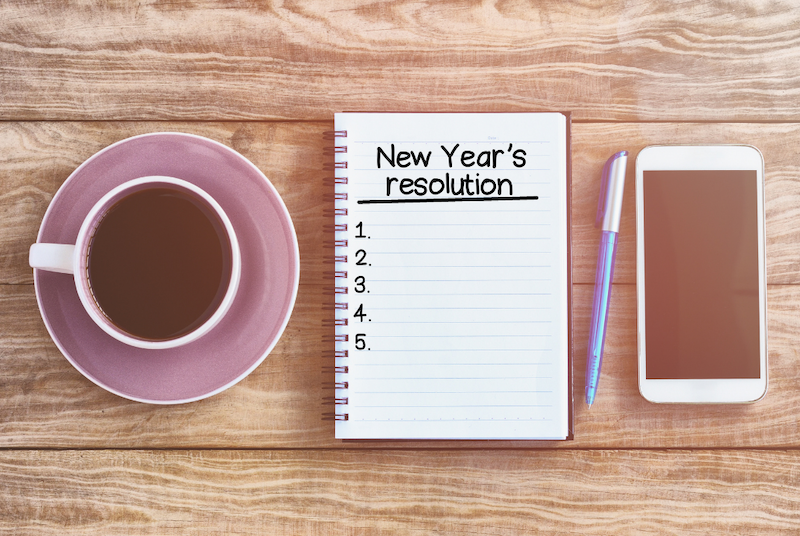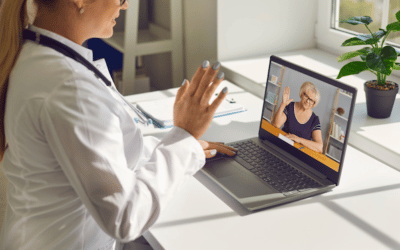Tips for succeeding in your exercise program
With the holiday season and the start of a new year around the corner, many minds turn to New Year’s resolutions. Exercise and healthy habits are a common theme when people are asked about what goals they will set out to accomplish in the new year. For those with dysphagia, a swallowing exercise program may be at the top of your mind. How can you set yourself up for success and stick to your exercise program?
In this article, we speak with Laurence Zalmanowitz, a registered psychologist who specializes in in counseling and performance psychology. While Laurence works with athletes to help facilitate their best performance, he assures us that the same strategies for maintaining an exercise program will work for everyone, even those of us who have dreams of a dinner with friends over a trip to the Olympics.
Goal Setting
Laurence suggests the first component in an exercise program is setting the right type of goal. “Be mindful that they’re realistic and you can actually achieve them,” he explains. “You want to make sure that they have some sort of action plan to them. It’s not about saying, I need to strengthen this one area. It’s defining how are you going to do that.” In the case of swallowing disorders, your Speech-Language Pathologist (SLP) will play an important role in terms of setting goals. Let them do some of that hard work for you! Laurence suggests that even when you consult professionals, be honest about how much time you are willing and able to put in. Make sure you partner with your SLP in voicing what will be manageable and meaningful to you when setting goals related to your swallowing disorder rehab.
Maintaining motivation

A large factor in achieving your goals is motivation. Once you and your clinical team have identified what goals will be meaningful, Laurence suggests breaking those goals into smaller steps. “Identifying little successes and metrics along the way can help with follow through. You’re not just working towards one end goal but rather having little mini-goals along the way.” He suggests working backwards from your end goal and identifying what smaller successes you might accomplish on the way. In the case of dysphagia, this may mean your end goal is to eat your favourite meal. On the journey to that goal, you may first hit milestones of engaging certain muscle groups effectively, managing sips of water, eating a new food texture or feeling less fatigue while eating.
Using feedback, such as sEMG biofeedback as part of your exercise program can also help increase motivation. Laurence explains, “A visual can quell doubts that linger in the background. It helps you focus on form and reassures you that you are completing the exercises correctly which can be very motivating.” Laurence also stresses that having a visual “can help chart the process, allowing you to see how far you have come, as opposed to focusing only on an outcome that can sometimes feel far away.”
Staying Accountable
Ensuring that you have support along the way can be fundamental in finding success in an exercise program. For someone with dysphagia, this may mean turning to a friend or family member in your support network. Laurence also points out that accountability is often a reason people seek help from a trainer to achieve their fitness goals. In the case of rehabilitation exercise goals, your clinician can be a primary support in keeping you accountable. This is one of the principles behind Mobili-T’s design. Your progress can be made directly accessible to your SLP to keep those lines of communication open between “athlete” and “coach”.

Setbacks Happen
As Laurence points out, the end goal is not the only thing you are striving for when completing any exercise program. As we have explored with him, focusing on the process and all those mini goals, rather than the end goal will help keep you moving along. “You might not always hit that goal but that doesn’t mean you’re back to square one,” Laurence encourages. “Be kind to yourself. It’s not an all or nothing thing.”
Thank you, Laurence, for helping us explore how we can find our inner athlete and translate that into achieving our health-related dysphagia goals for the new year.
About the authors
Laurence Zalmanowitz, MEd, RPsych: Laurence is a Registered Psychologist practicing in Edmonton, Canada. He specializes in counselling and performance psychology. Laurence works with individuals of all abilities and enjoys collaborating with his clients to uncover their strengths, deepen their understanding of themselves and use this knowledge to acquire new skills.





